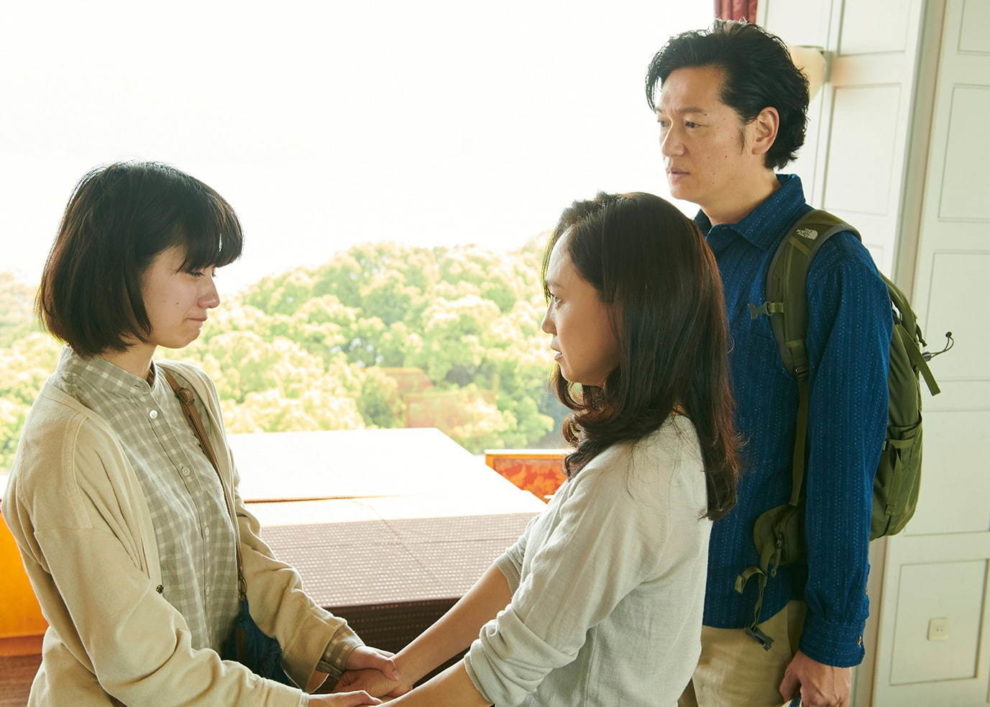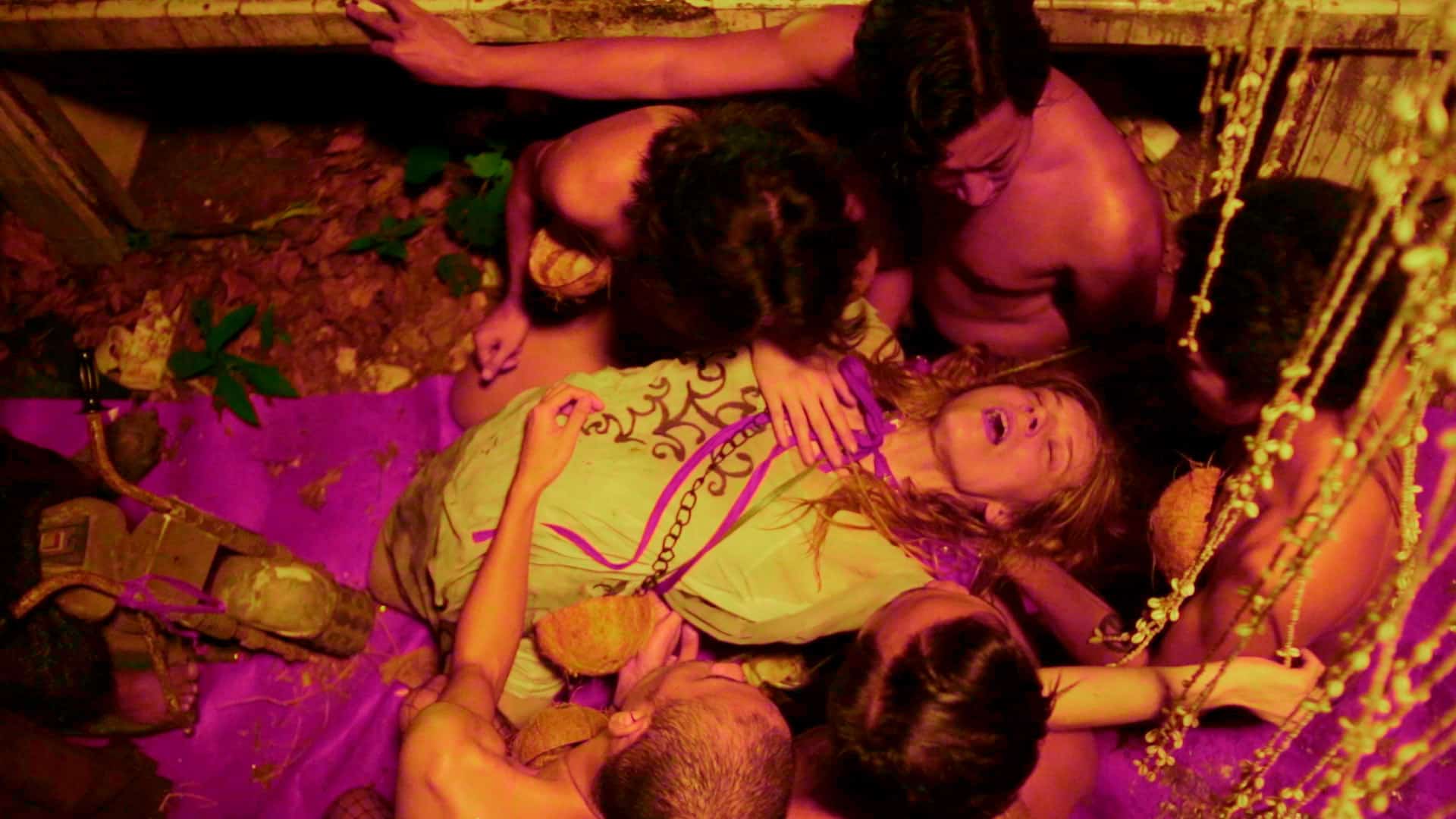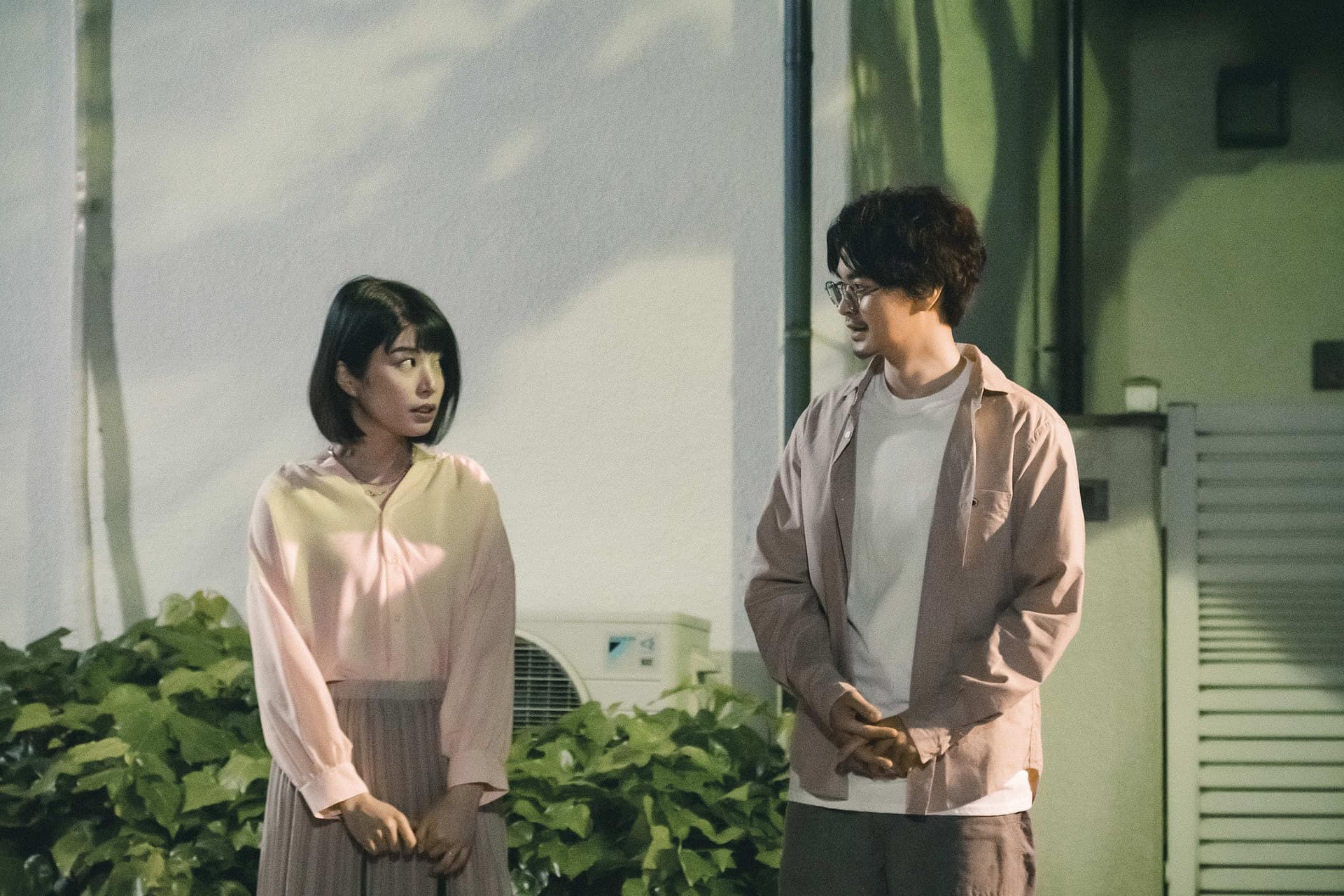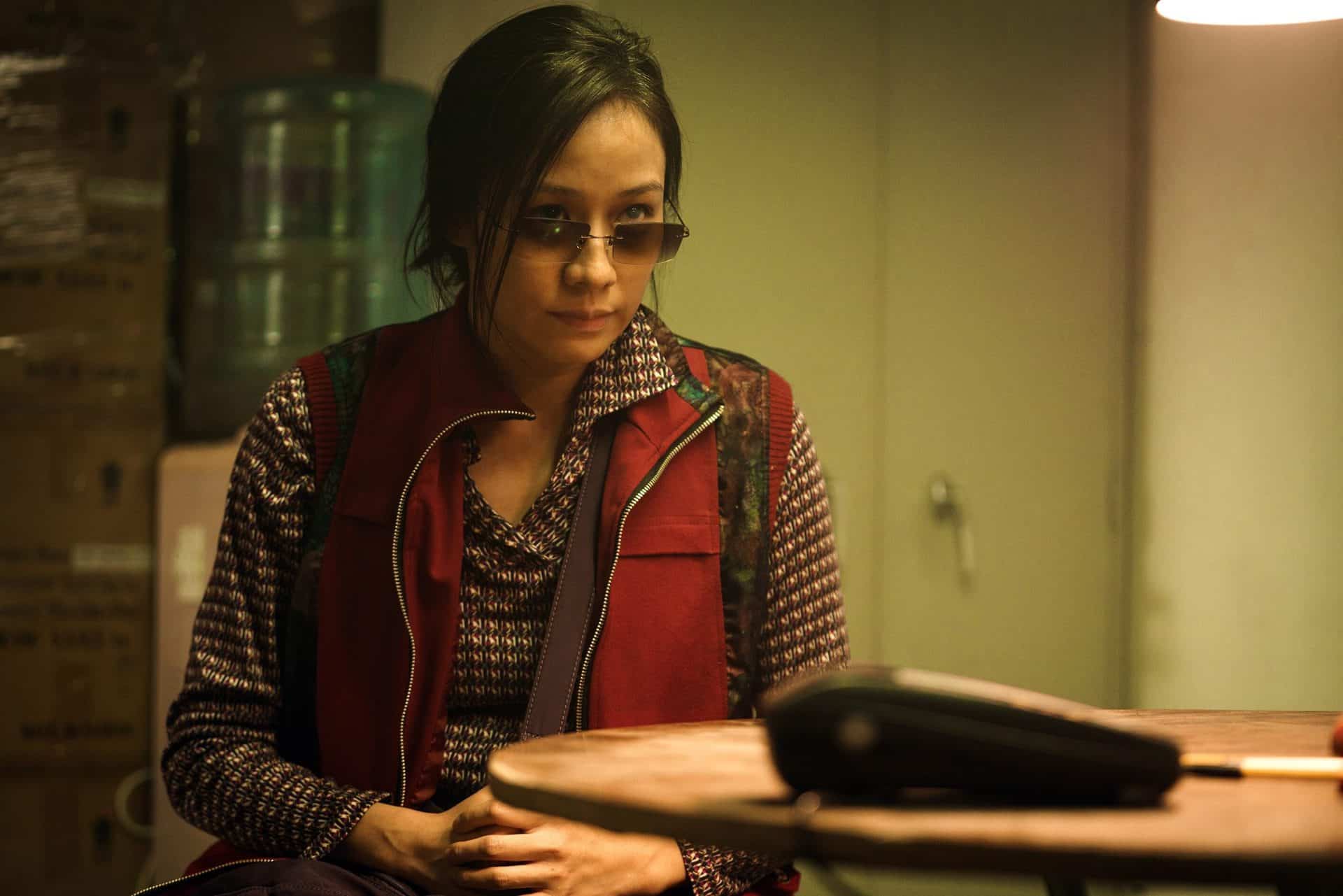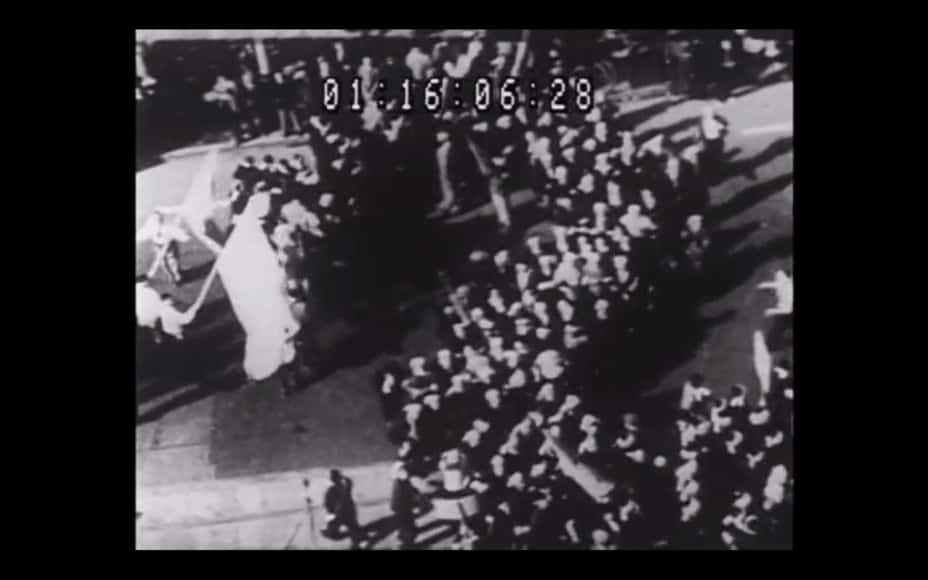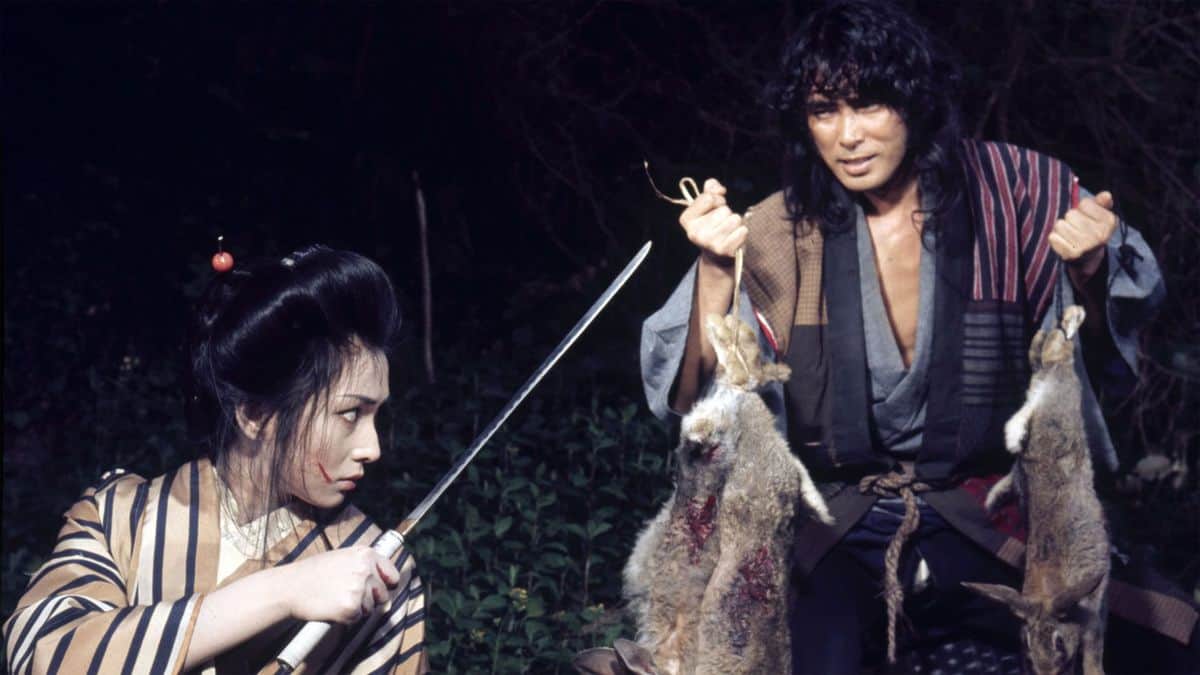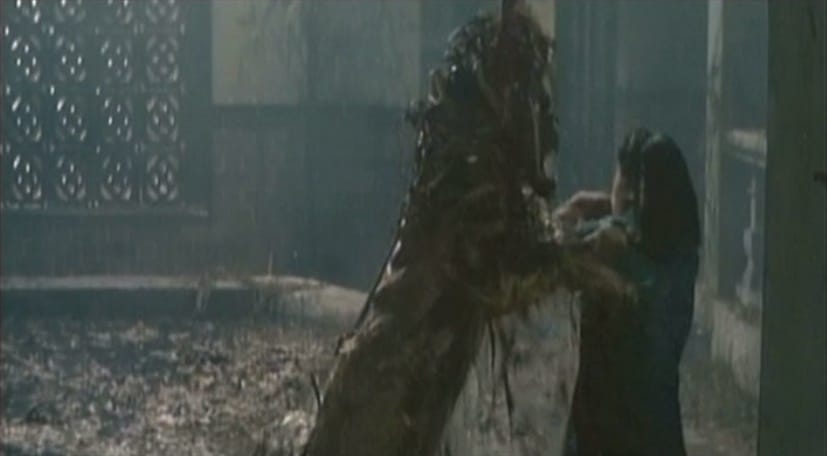Cannes beloved regular, filmmaker Naomi Kawase, was originally summoned to premiere her latest work “True Mothers” at this year's edition, in spring. We all know what happened then, unfortunately, and the film was finally premiered at Toronto Film Festival last September and It is now in cinemas in Japan. Based on a novel that ignited discussions about adoption in Japan, the film takes in fact an approach more emotional than moral, leaving the adoption issue on the background.
“True Mothers” is screening as part of the 2nd Annual HFPA Foreign Language Film Series

The narration unfolds in a three-act mode, 2 of which are long flashbacks. We are immediately introduced to the serene middle-class Kurihara family in Tokyo. In an airy and bright apartment, Satoko (Hiromi Nagasaku) lovingly helps her 6-year-old boy Asato (Reo Sato) in the morning ritual of tooth-brushing and dad Kiyokazu (Arata Iura) takes him to school. Not long after, a phone call from the kindergarten's teacher disrupts the day; apparently Asato has pushed another boy off the jungle gym. The problem needs to be dealt with and it's not easy, as it's Asato's word against the other boy's angry mum's. Here, a long flashback takes us few years back, to the newly wed, strong, loving couple's early days. They would love to have a baby but after several attempts, exams show a case of aspermia and the two start the taxing route of IVF. Discouraged and frustrated by the negative results, they are almost giving up the idea of having a child until they come across – by pure chance – an NGO called Baby Baton, founded by Shizue Asami (Miyoko Asada) to connect unwanted children that are given up for adoption to childless couples. With the help of Baby Baton, the Kuriharas finally obtain the custody of Asato, the new born of a shy and apologetic 14 year old girl called Hikari (Aju Mikita).
Back to present days, Satoko receives an upsetting phone call from a girl who claims to be Asato's birth mother demanding the child back, or a sum of money. When the Kuriharas agree to meet her, they struggle to believe that that messy and angry young woman in front of them is the same shy Hikari-chan; is she an imposter? Here another long flashback shows us 14-year-old Hikari in Nara, beaming in her innocent crush for sweetheart classmate Takumi, and the consequences of her accidental pregnancy on her mental balance, her family and her future.
An adoptee herself, Kawase has placed the adoption agency Baby Baton as a cardinal point, a crossroad between the two mothers' lives, but in reality, her work is neither about adoption, nor a debate about nature versus nurture. The filmmaker focuses firmly on the flow of love. Love – like a water stream – can be obstructed or interrupted; it can flood, inundate, engulf, dry out. We see all this in “True Mothers” and we see – beyond easy sentimentalism – how hard is to make mother love run through our veins without obstructions.
In doing so, she also brushes past several burning issues of Japanese society, like teenage pregnancies and the shame that surrounds them, the expectations of childbearing duty faced by married women, the fear of a somehow bad bloodline carried by an adopted child, as hinted in the whole episode of the playground accident. Needless to say, the PoV is truly feminine at all times and very non-judgemental. The same tender gaze she sets on Hikari, is also on the girls who don't want to keep their children and there is a pleasant void, in almost the whole film, of toxic masculine figures. From Satoko's husband to Hikari's concerned employer, men are unashamedly showing their fragile side and it is refreshing.
The idea of true motherly love being only one, is intrinsically objected in the plural of the title; Kawase builds two perfectly equal bubbles of empathy, suffering and genuine love, making it virtually impossible for the audience to be biased towards any of them. Moreover, the true mothers are not just two; Kawase introduces the beautiful character of Baby Baton's founder Shizue Asami as a third mother. Despite (and because) childless, she acts as a facilitator of that love stream that can often struggle to flow. A radiant human, Shizue Asami is a “doula”, supporting birth and re-birth and significantly ending the life cycle of the agency with her own natural death.
This time, for her “True Mothers”, Kawase has adapted a 2015 novel by by mystery writer Mizuki Tsujimura, therefore making this work more plot-driven then her usual. At 2-hour-20-minute running time, the film is purposely unhurried and takes its time in dwelling into the characters background capers and inner motivations. The slight mystery plot doesn't make it a thriller and it is not the point of the movie anyway, but it is well played, and it helps the progress and the grip of the storytelling. Curiously then, the events at the very end feel a bit rushed and not completely believable, but at that point, the established emotional involvement makes up for the flaws.
Yuta Tsukinaga and Naoki Sakakibara's luminous cinematography floods the screen with a warm, organic light and together with the handheld camerawork, indulging over small details and close-up, make the experience very tactile and intimate. The director's signature nature shots are here in abundance and they get conspicuously lyrical in the small island near Hiroshima where the adoption agency had a home for the girls waiting to give birth.

In a Q&A held by HFPA, Kawase explained that she prepared the actors for the specific narrative clusters by having them leave together for a significant amount of time and obtaining in this way a spontaneous emotional response. This method shows great results, especially in the interactions and the birthday party at the Baby Baton pregnancy home on the island, making it a dreamy tender episode in the difficult life of Hikari. Moreover, in some parts, like the scenes of the meetings at Baby Baton Agency, Kawase selected real adoptive parents to populate the scenes and talk convincingly about their experience.
Of all the intense and poignant performances, Aju Mikita's work really shines. Hikari was the character more prone to be stigmatised and the most difficult one for the audience to fully understand and sympathise with – contrarily to the easy-to-love Satoko – and Mikita managed to overturn all that and achieve a high level of empathy, sadness and multi-dimension. The wrong performance here would have compromised the whole movie.
A strong come back from filmmaker Naomi Kawase, “True Mothers” is a relatable and compelling domestic drama with a twist which will easily appeal also to audience outside the festival circuit.


